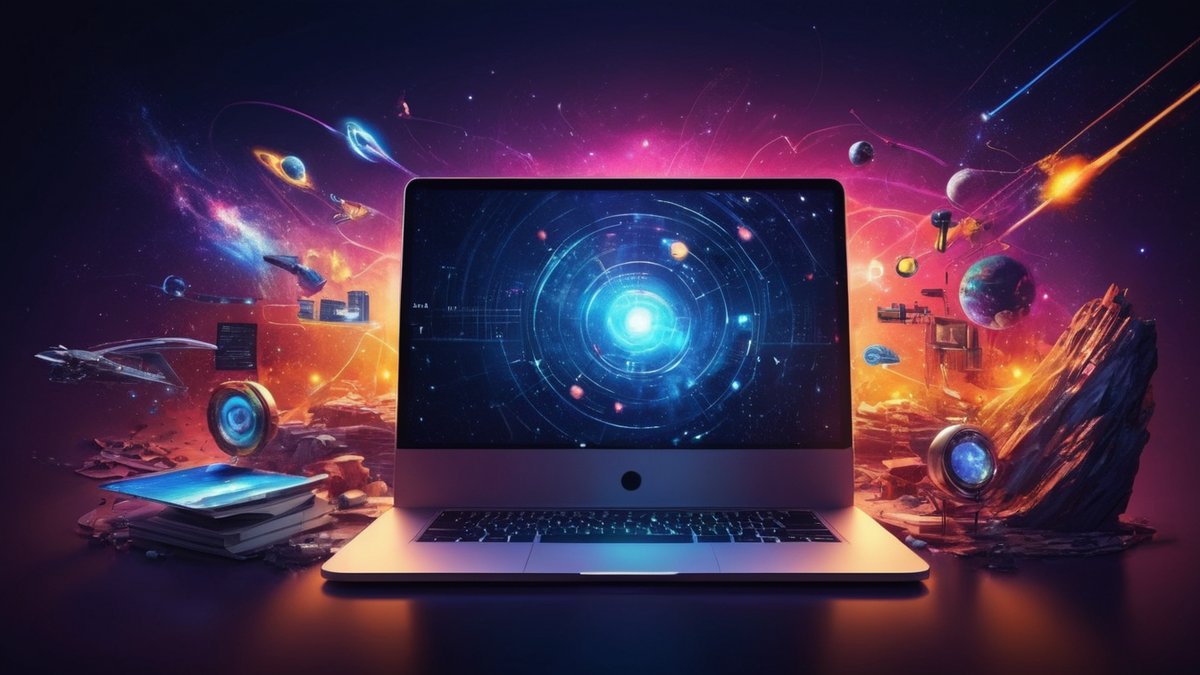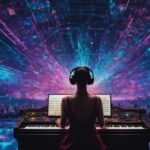AI in Creative Industries
The integration of Artificial Intelligence (AI) into the creative industries marks a transformative era, blending technology with human creativity to push the boundaries of what’s possible. In fields ranging from art and music to video game development and filmmaking, AI tools and technologies are not only automating tasks but also enhancing the creative process, offering new ways to generate content, solve complex creative challenges, and personalize user experiences.
GPTs for Generating Art and Music
- Overview: Generative Pre-trained Transformers (GPTs) are revolutionizing the way art and music are created. By learning from vast datasets of existing artworks and music, GPTs can generate new creations that resonate with the complexity and depth of human-made art. Artists and musicians are leveraging these AI models to explore new artistic territories, collaborate with AI to create hybrid works, and engage with their art in innovative ways.
- Impact: The impact of GPTs on art and music is profound, offering a democratization of creativity. They enable artists with varying skill levels to express their creativity without the traditional barriers. Moreover, GPTs facilitate a unique blend of styles and genres, leading to the emergence of new art forms and musical expressions.
- Challenges: While promising, the use of GPTs in art and music also raises questions about originality, copyright, and the role of the artist. The distinction between human and machine-generated art becomes blurred, prompting discussions on creativity’s future.
AI in Video Game Development
- Overview: AI is a game-changer in video game development, enhancing how games are designed, developed, and played. AI algorithms can create complex, dynamic worlds, generate non-player character (NPC) behaviors, and tailor gaming experiences to individual players. This not only improves the realism and engagement of games but also opens up new possibilities for storytelling and gameplay.
- Impact: The integration of AI in game development accelerates the production process, enables the creation of more immersive and interactive worlds, and personalizes the gaming experience. It allows developers to focus on creative aspects by automating routine tasks and generating content.
- Challenges: Balancing AI’s role in game development without diminishing the creative input of human developers is crucial. Ensuring that AI-generated content aligns with the game’s narrative and ethical standards is another significant challenge.
Machine Learning for Film and Scriptwriting
- Overview: In the realm of film and scriptwriting, machine learning algorithms are being used to analyze scripts, predict audience reactions, and even generate storylines and dialogues. These tools can provide insights into the narrative structures and themes that resonate with audiences, assisting writers and filmmakers in crafting stories that are both compelling and commercially successful.
- Impact: Machine learning can significantly reduce the time and resources required to develop scripts and films. By providing data-driven insights into audience preferences, AI tools help the film industry create content that is more likely to succeed.
- Challenges: The reliance on machine learning for creative processes raises concerns about reducing art to algorithms and losing the unique, unpredictable essence of human creativity. Ensuring that AI serves as a tool for enhancement rather than a replacement for human creativity is essential.





Leave a Reply